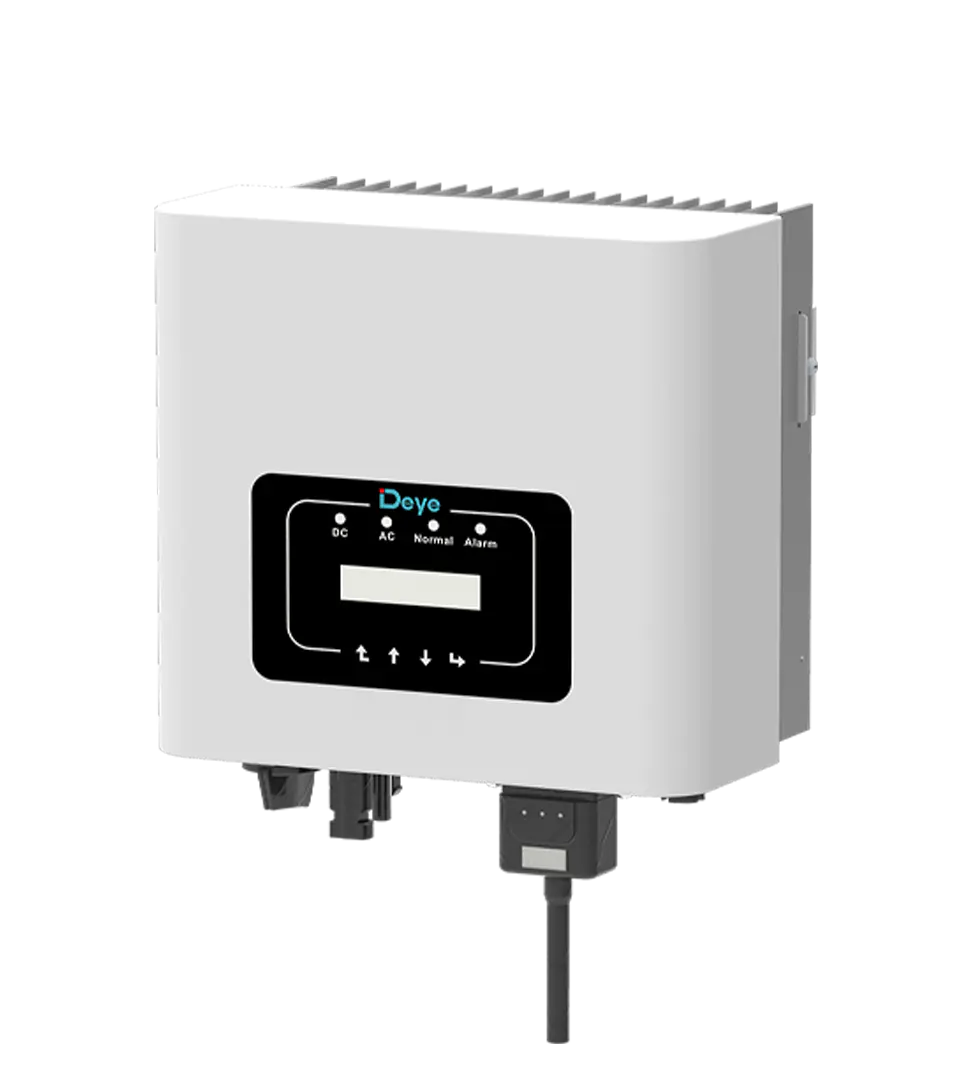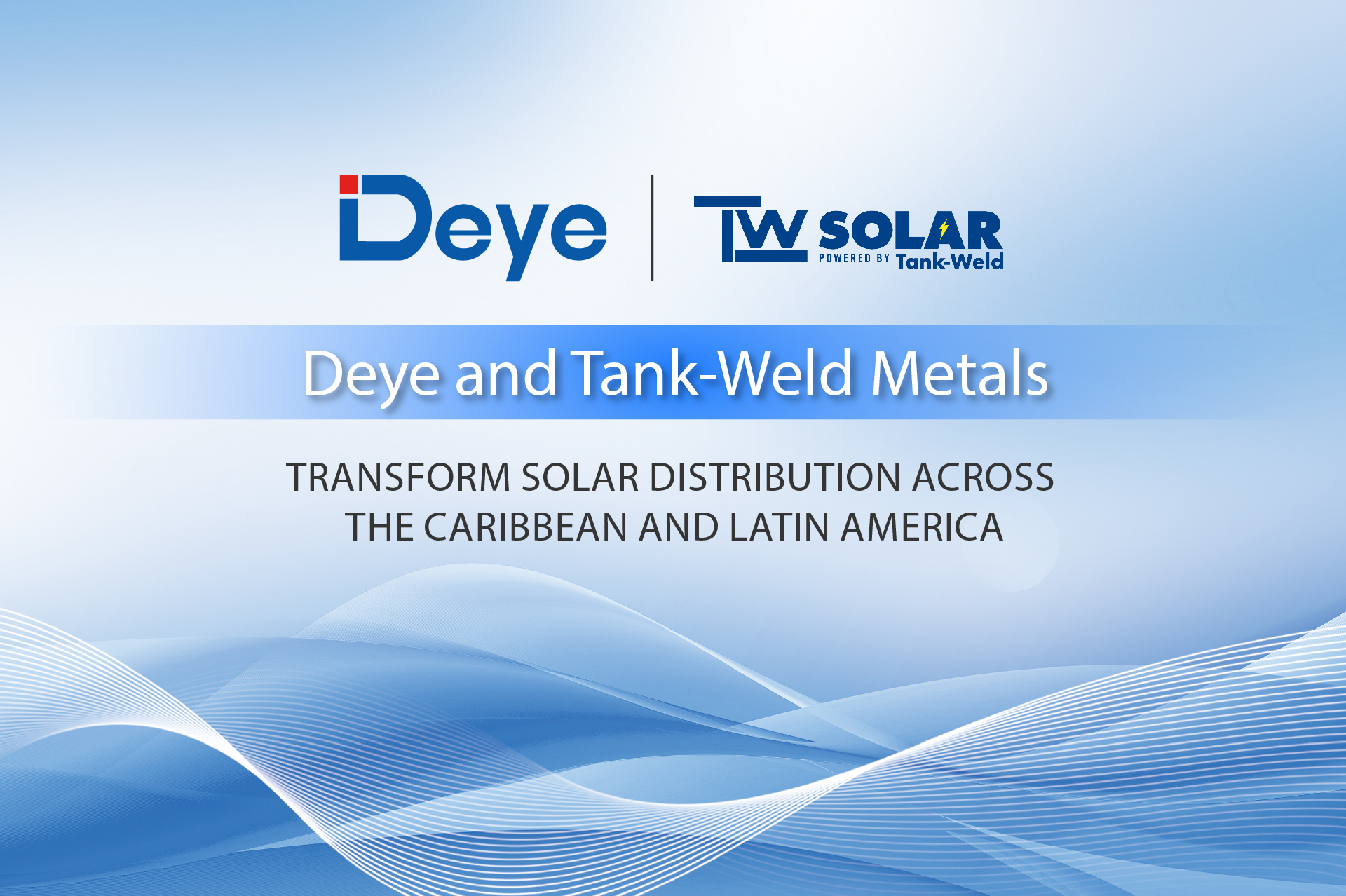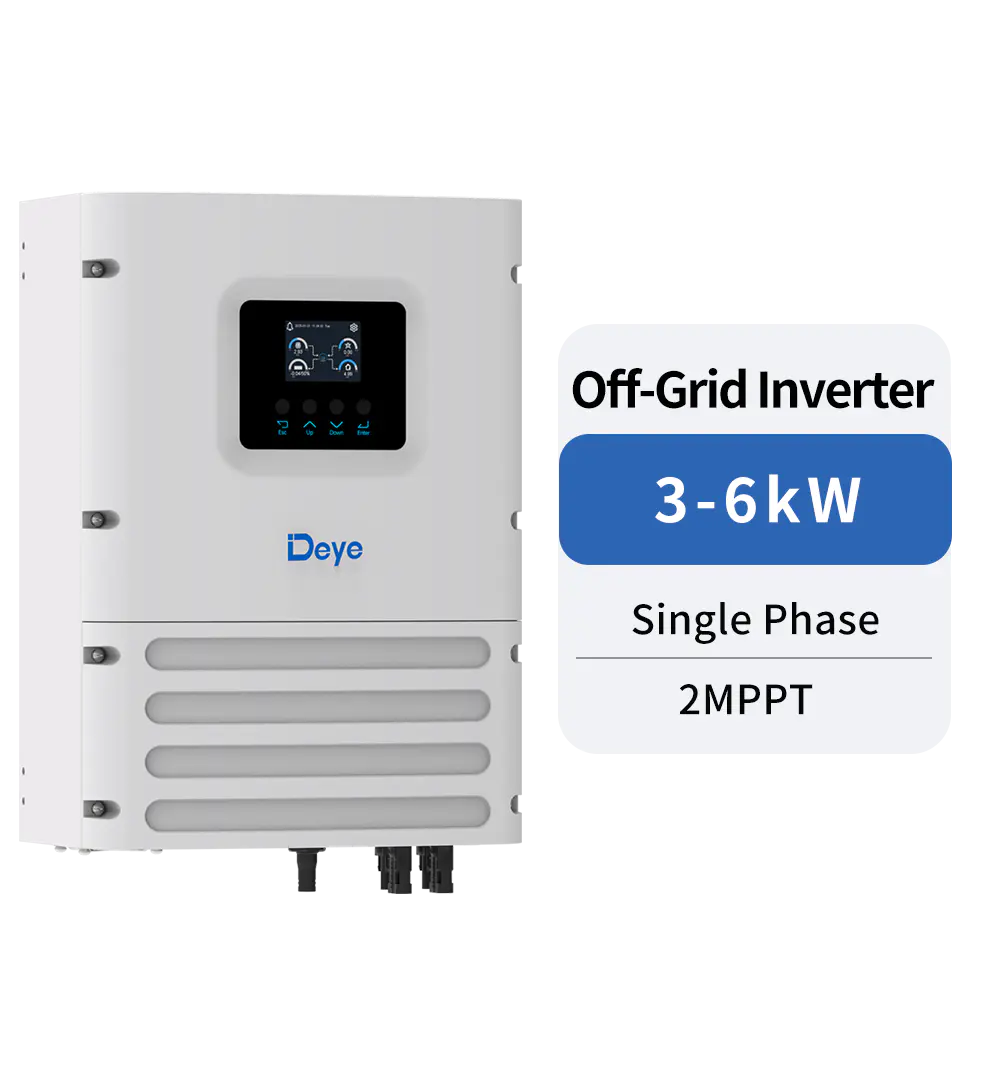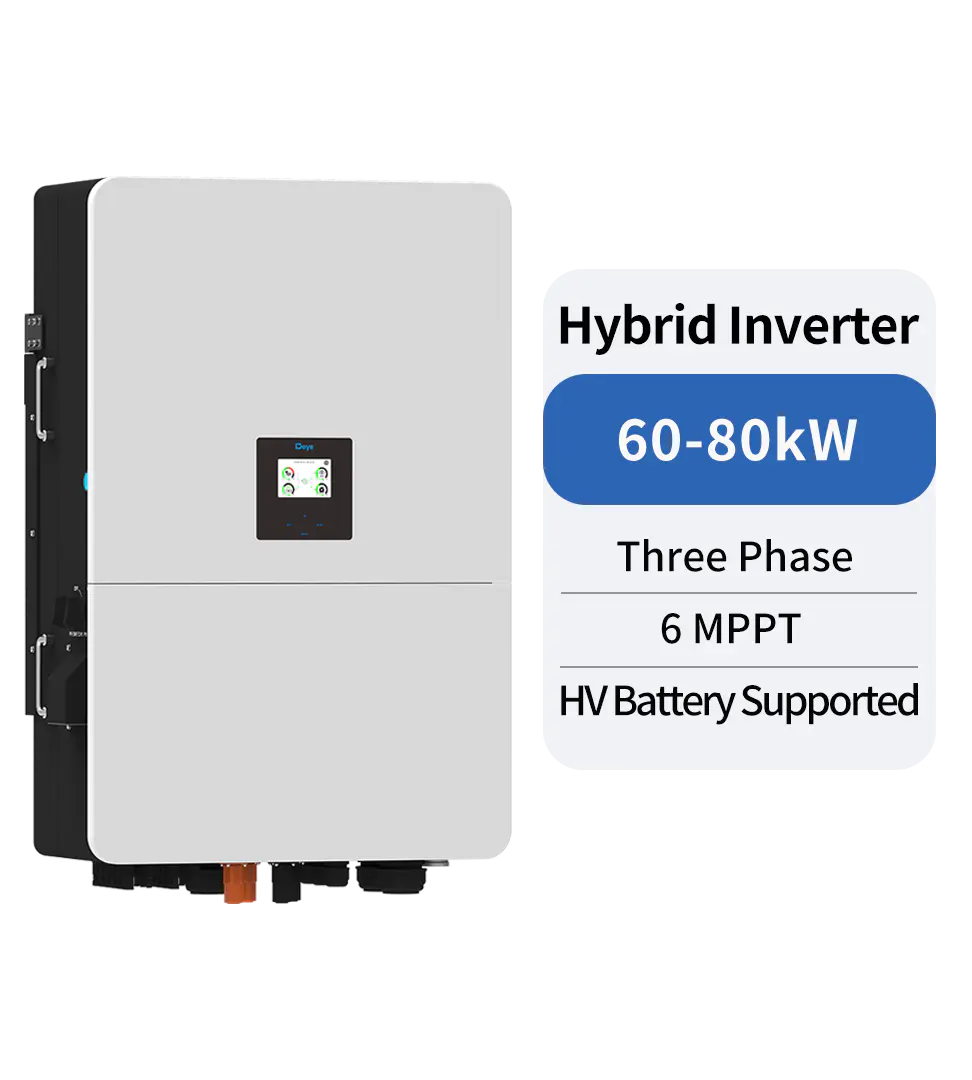Technical Topics
What are the key considerations in choosing a single phase string inverter?
When selecting a single phase string inverter for your solar PV system, there are several key considerations to keep in mind. These factors will help ensure that the chosen inverter is compatible with your specific requirements and maximizes the performance of your solar installation. Here are some important considerations:
Power Rating: Determine the power rating or capacity of the inverter that suits your solar system's size and expected energy production. Consider factors such as the number of solar panels, their wattage, and the available roof space.
Efficiency: Look for inverters with high efficiency ratings as they convert a larger portion of the solar energy into usable electricity. Higher efficiency can result in increased energy production and better overall system performance.
String Configuration: Evaluate the string configuration options supported by the inverter. Ensure that the inverter can accommodate the number of strings you plan to install. Some inverters offer flexible input configurations, allowing for easier system design and installation.
MPPT Tracking: Maximum Power Point Tracking (MPPT) technology allows the inverter to optimize power generation by continuously tracking and adjusting the operating point of the solar panels. Consider the number of MPPT inputs available in the inverter and their compatibility with your specific system requirements.
Monitoring and Data Communication: Check if the inverter provides comprehensive monitoring capabilities, allowing you to track the system's performance in real-time. Look for features such as remote monitoring, data logging, and integration with monitoring platforms or mobile applications.
Grid Interaction: Ensure that the inverter complies with local grid requirements and standards. It should have appropriate grid connection capabilities, including voltage and frequency range compatibility.
Durability and Environmental Conditions: Consider the environmental conditions in which the inverter will operate. Look for inverters with a robust design, protection against dust, moisture, and temperature variations. In certain regions, additional features such as anti-islanding protection may be required.
Warranty and Support: Evaluate the warranty offered by the manufacturer, including the length of coverage and the reputation of the company. Additionally, consider the availability of technical support and after-sales service.
Compatibility with Other System Components: Ensure that the single phase string inverter is compatible with other components of your solar PV system, such as the solar panels, mounting structures, and electrical wiring.
By carefully considering these key factors, Single Phase String Inverter manufacturers can choose a single phase string inverter that aligns with your solar system's requirements, maximizes energy production, and provides reliable and efficient operation over the system's lifespan.


PREV:What are the troubleshooting and maintenance tips for single-phase string inverters?
NEXT:How does a solar inverter use solar energy?
Share
Product recommendations
news recommendations
-
 Deye and Tank-Weld Metals Announce Strategic Partnership to Transform Solar Distribution across the Caribbean and Latin America
Deye and Tank-Weld Metals Announce Strategic Partnership to Transform Solar Distribution across the Caribbean and Latin AmericaKINGSTON, JAMAICA – Ningbo Deye Inverter Technology Co., Ltd, through its Deye brand, a global leade...
-

-
 Green Industry, Bright Future: Deye Distributor Summit – Dubai 2025 Concludes Successfully
Green Industry, Bright Future: Deye Distributor Summit – Dubai 2025 Concludes SuccessfullyIn November 2025, Deye Group successfully hosted the “Green Industry, Bright Future—Deye 2025 Dubai ...

 China - 简体中文
China - 简体中文 Global - English
Global - English Brazil - Português
Brazil - Português Netherlands - Dutch
Netherlands - Dutch Italy - Italiano
Italy - Italiano Germany - Deutsch
Germany - Deutsch Spain - Español
Spain - Español France - Français
France - Français Vietnam - Tiếng Việt
Vietnam - Tiếng Việt Poland - Polski
Poland - Polski Australia - English
Australia - English Japan - 日本語
Japan - 日本語


